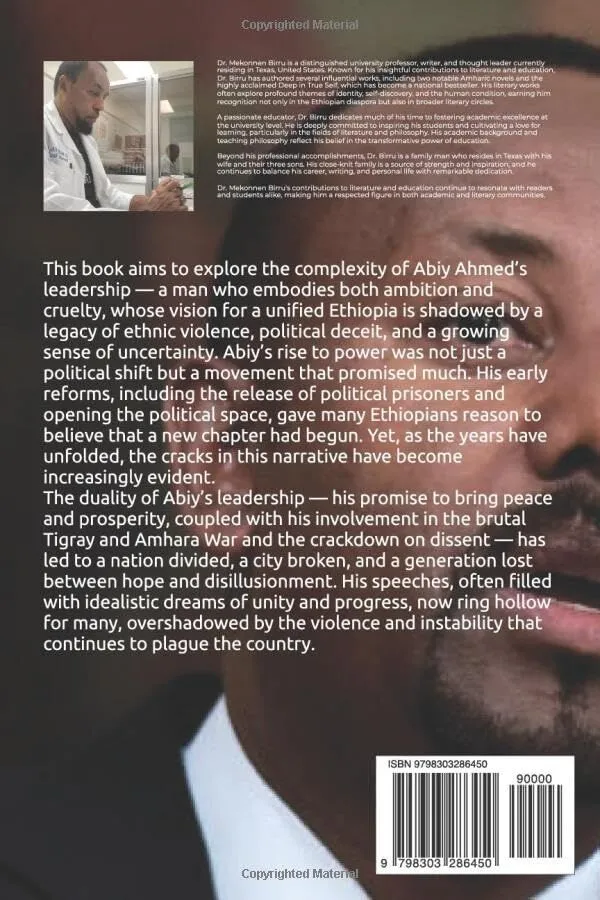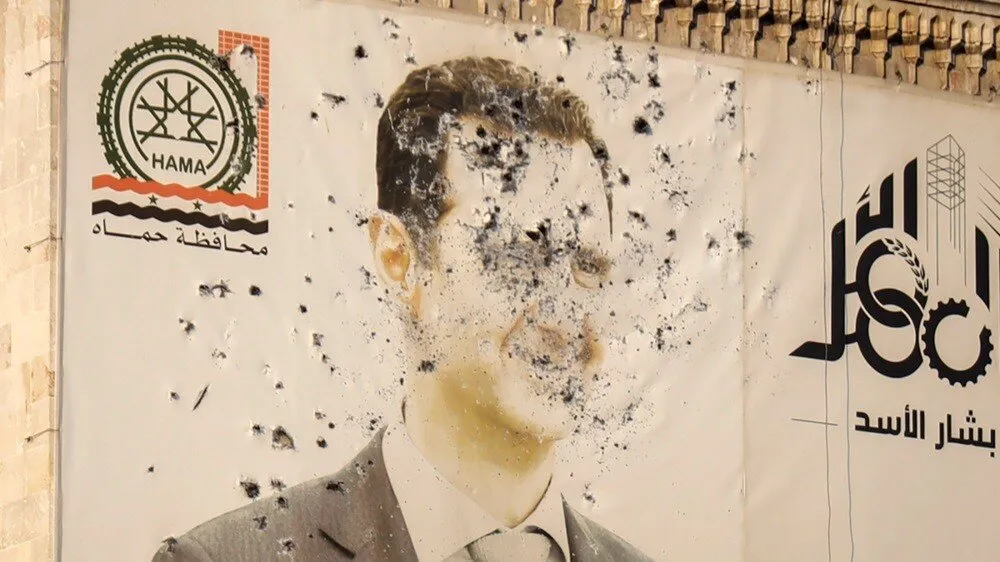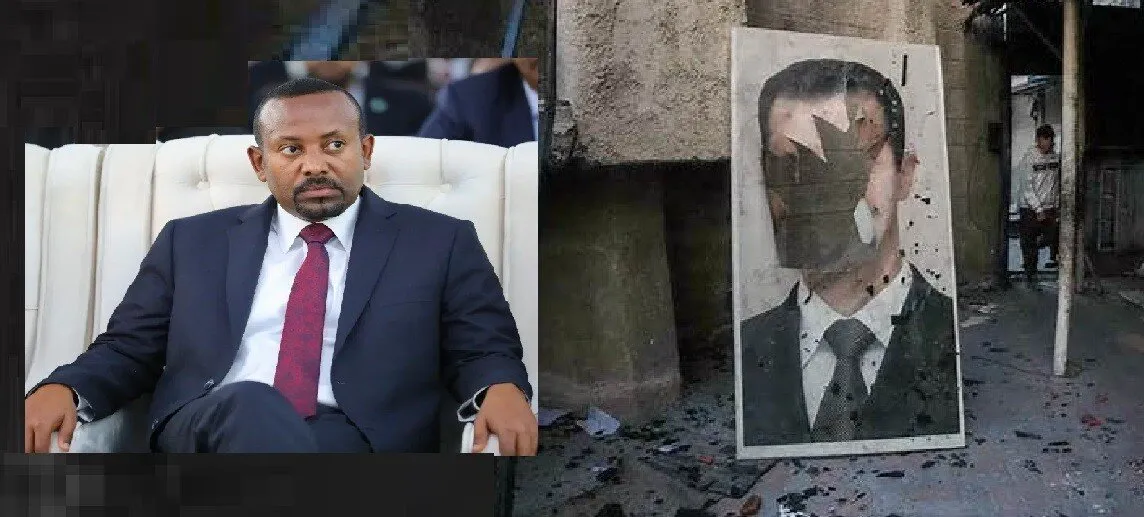By Aaron Maasho
ADDIS ABABA | Tue Jun 11, 2013 6:12pm BST
(Reuters) – Ethiopia dismissed Egyptian talk of military action against a giant dam it is building on the Nile as “psychological warfare”, and said on Tuesday it would defend itself and carry on with the work regardless.
Bellicose rhetoric between two of Africa’s most populous and fastest-growing nations has raised fears of conflict over water, though both sides are also pursuing diplomatic compromise over what would be the biggest hydro electric plant on the continent.
Responding to a speech on Monday by President Mohamed Mursi, in which he said Egypt did not want “war” but would keep “all options open” to avoid losing any water, Ethiopia’s Foreign Ministry spokesman said: “This sort of bragging won’t divert our attention.”
The spokesman, Dina Mufti, added: “Ethiopia is not intimidated by Egypt’s psychological warfare and won’t halt the dam’s construction, even for seconds.”
Egypt’s previous military rulers had contingency plans to attack Ethiopian dams that might disrupt the flow of the Nile.
Some politicians were caught on camera last week talking of air strikes or backing Ethiopian rebels after the start of major new work on the project took Cairo by surprise late last month.
Asked if Addis Ababa was looking at measures to defend the Ethiopian Grand Renaissance Dam, Dina said: “No country operates without precautions, let alone Ethiopia, which has a track record of defending its independence from all forces of evil.”
Mainly Christian Ethiopia and Muslim Arab Egypt share a long history of suspicion and friction, including over the Nile.
Egypt’s foreign minister, who has said he will give up “not a single drop of water”, is to visit Addis Ababa. Mursi hoped for a political solution with Ethiopia, a “friendly state”, whose demands for economic development he said he understood.
IMPACT
One bone of contention is a technical analysis of the impact of the $4.7-billion (3.0 billion pounds) dam being built by an Italian firm on the Blue Nile near the border with Sudan, which supports the plan.
Ethiopia says a joint report, still kept under wraps by both governments, supports its assurances it will do “no appreciable harm” to Sudan and Egypt downstream. It has no plan to use water for irrigation and says that once the reservoir is filled, all the river’s water will be free to flow through its turbines.
Mursi, however, said Egypt had carried out studies that showed “negative consequences”. Less water would flow while the reservoir is filling. Once full, more water may evaporate.
Egypt, whose 84 million people use almost all of the Nile’s supply that reaches them to meet their needs, cites colonial-era treaties guaranteeing it the lion’s share of the water. Ethiopia and other upstream neighbours say those claims are outdated.
“Ethiopia cannot remain poor,” Foreign Minister Tedros Adhanom said in a statement. “It must utilise its resources to lift its people out of poverty.”
Despite its lack of means, Ethiopia insists it can fund the project itself without help from international lenders wary of the diplomatic dispute. It has been aided by a $1-billion loan fromChina to build power transmission lines.
It says the project, on which work to divert the river temporarily began in May, is 21 percent complete. With a target generating capacity of 6,000 megawatts, it is part of a plan to make Ethiopia the biggest electricity exporter in Africa.















